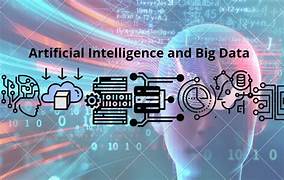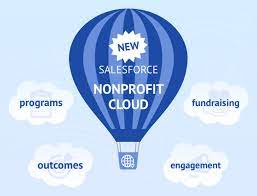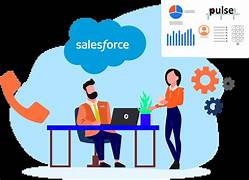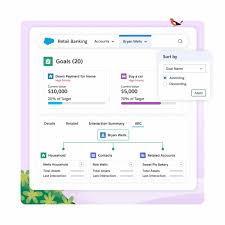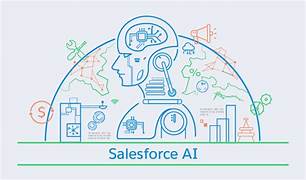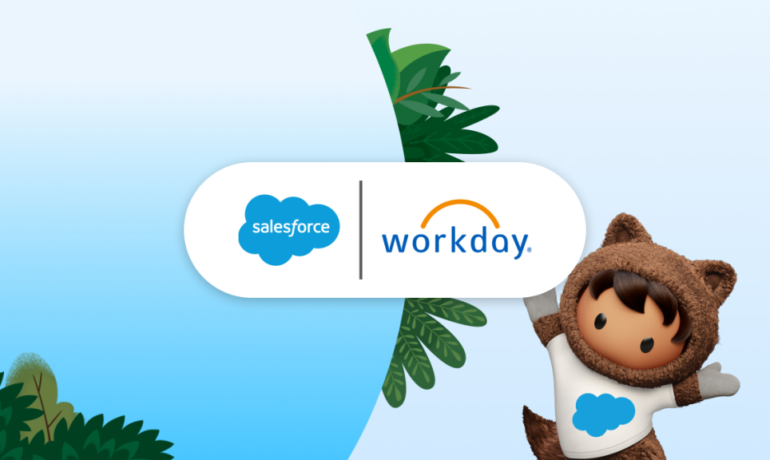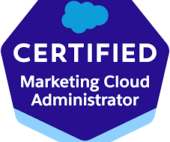Winter 25 for Marketing
The Salesforce Winter ’25 release introduces a range of innovative tools and enhancements tailored to elevate marketing strategies. Whether your focus is on personalization, database management, or campaign automation, these new features are designed to help you excel in the fast-paced world of digital marketing. Here’s a look at the top five marketing features in Salesforce Winter ’25 that marketers need to know about to stay ahead of the curve. Top 5 Marketing Features in Salesforce Winter ’25 1. Einstein Personalization: Real-Time Customer EngagementEinstein Personalization is a standout feature of the Winter ’25 release, integrated within the Customer 360 platform. Leveraging Data Cloud, this tool delivers real-time, personalized experiences across Salesforce clouds. By combining business objectives with rules-based targeting, it enables marketers to make informed, personalized decisions across various channels. With native integration into Marketing Cloud Growth, Einstein Personalization ensures a seamless and cohesive customer journey across all Marketing Cloud products. 2. Enhanced Data Management with Marketing Cloud Account Engagement (Pardot)Effective database management is crucial for successful marketing, and Salesforce has significantly improved this with the Winter ’25 release. The updated Marketing Cloud Account Engagement (formerly Pardot) feature allows marketers to find and merge duplicate prospects, maintaining an accurate and streamlined database. Additionally, you can now copy marketing forms and emails directly to Salesforce CMS and integrate landing page and form engagement details into Data Cloud. These enhancements not only preserve data integrity but also offer deeper insights for more effective segmentation and campaign targeting. 3. Advanced API Integrations and General EnhancementsThe Winter ’25 release introduces powerful API and integration updates that revolutionize how marketers manage and utilize data. New capabilities include managing tags, processing permanent prospect deletion requests, and sending list emails more efficiently. Moreover, marketers can now gain valuable insights by ingesting Account Engagement form and landing page engagement data into Data Cloud. General enhancements also allow for the opening of system email links within the Lightning App and building segments in Data Cloud using engagement data from forms and landing pages, streamlining marketing operations and ensuring they are more data-driven. 4. Dynamic Content and Automation in Marketing Cloud GrowthSignificant updates to Marketing Cloud Growth in Winter ’25 focus on dynamic content and automation. Marketers can now create highly personalized and timely campaigns using dynamic content variations and event-triggered automation. This ensures messages are not only relevant but also delivered at the most impactful moments, driving higher engagement and conversion rates. The ability to clone content and avoid duplicating records when sharing branded content across workspaces further enhances efficiency in marketing processes. 5. Einstein AI and Campaign ROI AttributionUnderstanding the return on investment (ROI) of marketing campaigns is made easier with new Einstein AI tools and campaign ROI attribution features in Winter ’25. The introduction of Einstein Copilot features and grounding tools in Marketing Cloud Growth enhances content creation and optimization using generative AI. Additionally, the Opportunity Influence feature allows marketers to automatically attribute revenue from closed deals to the most influential campaigns using email click engagement data. With options for first-touch and last-touch attribution models, marketers can clearly identify which campaigns drive success at different stages of the customer journey. Recap The Salesforce Winter ’25 release equips marketers with a robust set of features designed to empower the creation of more personalized, efficient, and effective campaigns. From real-time personalization with Einstein to enhanced data management and dynamic content automation, these updates provide the tools needed to stay competitive in the digital marketing landscape. By leveraging these new features, marketers can optimize their strategies to ensure relevance and maximize impact. Like Related Posts Salesforce OEM AppExchange Expanding its reach beyond CRM, Salesforce.com has launched a new service called AppExchange OEM Edition, aimed at non-CRM service providers. Read more The Salesforce Story In Marc Benioff’s own words How did salesforce.com grow from a start up in a rented apartment into the world’s Read more Salesforce Jigsaw Salesforce.com, a prominent figure in cloud computing, has finalized a deal to acquire Jigsaw, a wiki-style business contact database, for Read more Health Cloud Brings Healthcare Transformation Following swiftly after last week’s successful launch of Financial Services Cloud, Salesforce has announced the second installment in its series Read more


